Sticking to a healthy diet doesn’t have to be complicated or time-consuming. With the right approach, weekly meal prep can become a simple, effective habit that supports your fitness goals, saves time, and reduces stress. Backed by nutrition experts and fitness coaches, this guide delivers a practical, evidence-based blueprint for healthier eating through smart preparation.
Research consistently shows that people who plan and prepare meals in advance are more likely to meet dietary guidelines, consume fewer processed foods, and maintain a healthy weight. Meal prepping reduces decision fatigue, minimizes impulsive eating, and ensures balanced nutrition throughout the week.
According to health professionals, the key isn’t perfection—it’s consistency. A small habit, like prepping three lunches on Sunday, can have a big impact over time.
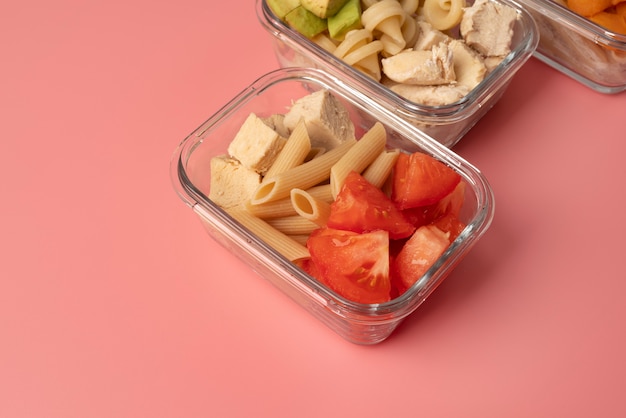
Start by choosing 3–4 balanced recipes that include lean protein, complex carbs, and healthy fats. Use a simple template:
Use a grocery list app or printable template to avoid last-minute store runs.
Stick to the perimeter of the store—this is where fresh produce, proteins, and dairy are located. Avoid processed foods in the center aisles. Buy frozen vegetables and pre-washed greens to save time without sacrificing nutrition.
Use your oven, slow cooker, or Instant Pot to cook multiple components at once. Roast a tray of vegetables, grill several portions of chicken, and cook a pot of brown rice or lentils. Let food cool before storing to prevent condensation and spoilage.
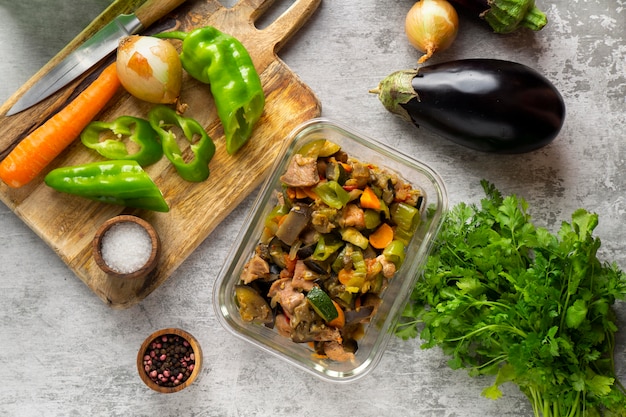
Use glass or BPA-free containers to portion meals. Label with dates to track freshness—most prepped meals last 4–5 days in the fridge. Freeze extra portions for later in the week.
Studies show that individuals who engage in regular meal planning:
A 2017 study published in International Journal of Behavioral Nutrition and Physical Activity found that meal planners had significantly better diet quality than non-planners.
Healthy eating and fitness go hand in hand. While meal prep fuels your body, proper gym habits ensure you stay safe and respectful in shared spaces.
Proper nutrition supports recovery and performance, making meal prep a key part of your overall fitness strategy.

The goal isn’t to prep every single meal perfectly—it’s to build a routine that works for your lifestyle. Focus on progress, not perfection. Even one prepped meal a day can lead to better choices and long-term success.
With a few short routines and simple habits, weekly meal prep becomes less of a chore and more of a cornerstone of a healthier, more balanced life.

Wellness

Wellness

Wellness

Wellness
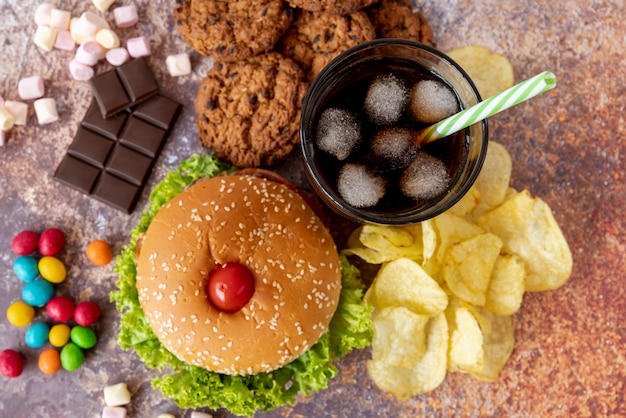
Health

Health
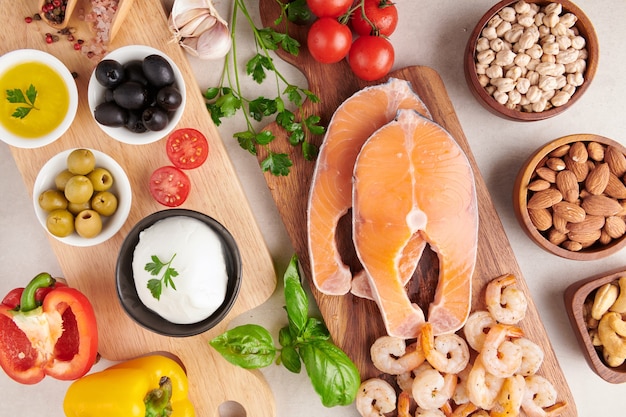
Health

Wellness
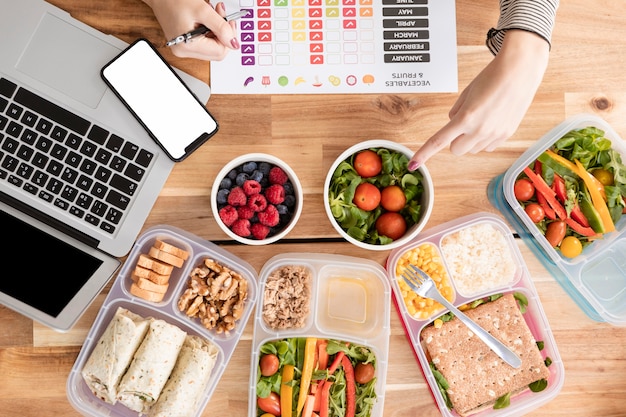
Wellness
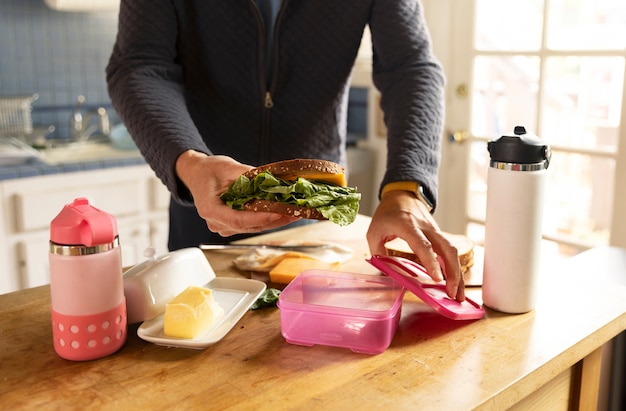
Fitness
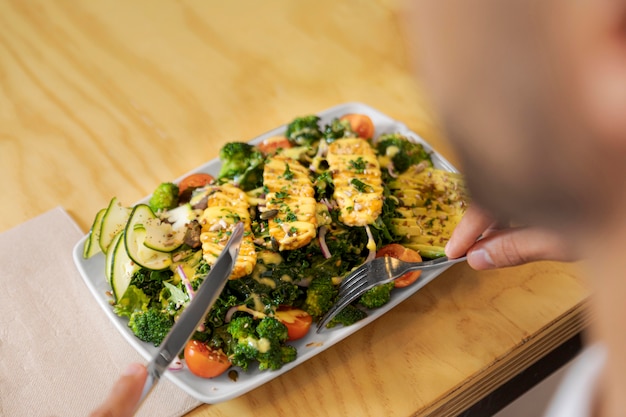
Wellness
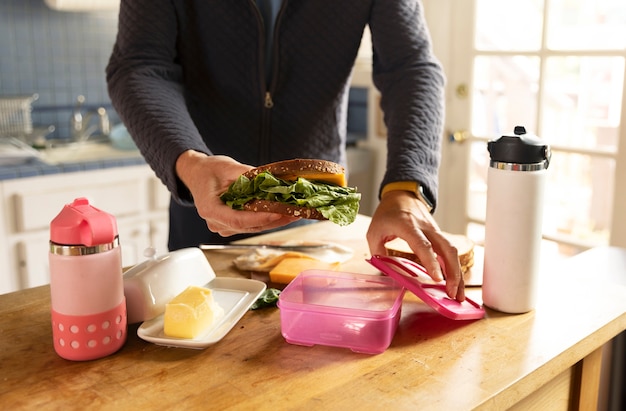
Wellness

Health

Fitness

Health

Health